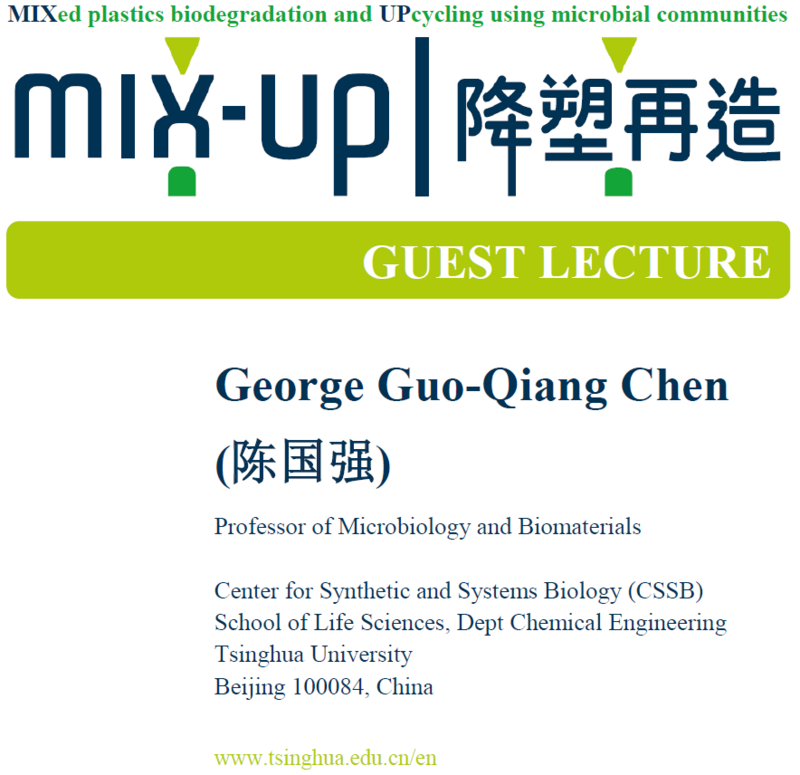Challenges associated with Current Industrial Biotechnology (CIB) include microbial contamination especially during scale-up, heavy fresh water and energy consumption, complicated flowsheet for sterilization and downstream separation, expensive bioreactors made of stainless steels with poor dissolved O2, Millard reaction in mixed substrate media at sterilization temperature, most are batch not continuous fermentation processes, slow cell growth and long production duration and thus mutating cells (unstable production) during the long growth processes, low O2 solubility in aqueous media for high density growth, and toxin (or LPS) releases from gram-negative microbes. To overcome these challenges, contamination resistant Halomonas spp. were isolated from a Chinese salt lake. Over the past 20 years, engineering approaches have been developed to allow various synthetic biology constructions of better Halomonas spp. Next generation industrial biotechnology (NGIB) concept has been established to conduct the processes under minor sterile or non-sterile condition in seawater or artificial seawater, energy consumption for sterilization, air compressors and downstream purification have been reduced as unsterile processes are used for larger size morphologically engineered Halomonas spp. grown in new reverse agitation bioreactors with much better aeration and less energy requirements. Millard reactions in mixed substrate media at sterilization temperature are avoided due to the low temperature unsterile processes. As contamination is not an issue, continuous processes can be conducted over long period of time. Slow cell growth and long production duration can be shortened as cells are grown in a multiple division process instead of a binary division one. Mutating cells (unstable production) during the long growth processes in large reactors are avoided as the synthesis pathways can be bound to essential genes to form a community of shared future. Toxin (or LPS) releases from gram-negative microbes can be prevented as outer membrane synthesis genes are deleted. So far, NGIB has been successfully conducted in scale from labs bioreactors with the size of 10 L to industrial ones of 5 m3, 15 m3, 20 m3 and up to 225 m3. The coming industrial biotechnology will enter a new era to welcome a carbon reduction century.
Announcement: Guest Lecture in July!
We are happy to welcome our friend Prof. George Guo-Qiang Chen from Tsinghua University for a guest lecture titled "Synthetic Biology of Halomonas and the Next Generation Industrial Biotechnology" on Friday, 7th of July 2023, at 11 a.m. (CEST).


